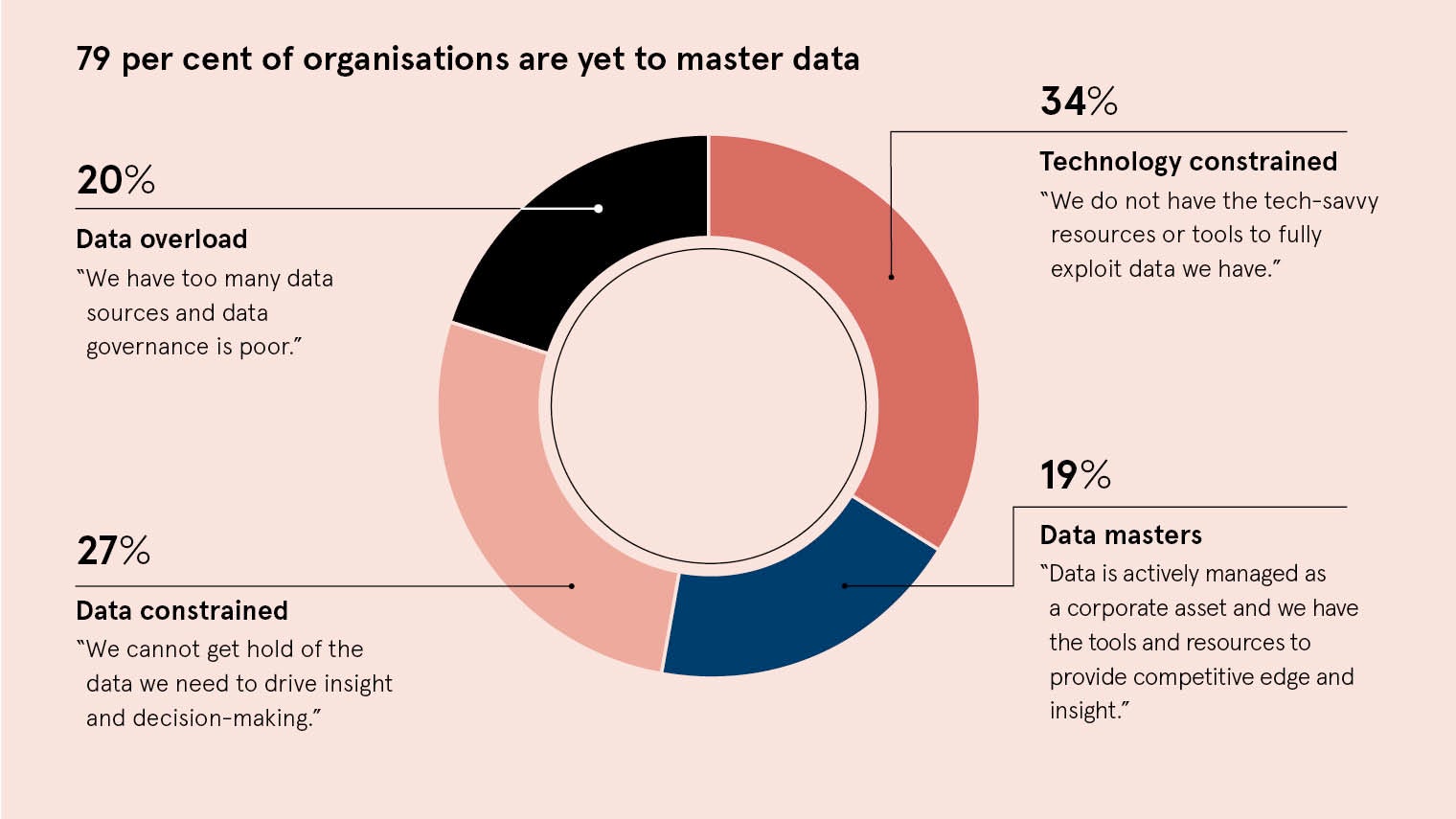As the digital revolution has increased the need for businesses to act faster and smarter to remain relevant, so the role of the CFO is changing. Rather than simply reporting what has happened to the organisation by producing figures for the last quarter or generating the annual accounts, they now need to work with the rest of the board to map out the future of the business and then to help deliver it.
“We discuss finance transformation daily with the CFOs of over 2,000 customers, which are mainly mid and large-sized organisations across a wide variety of industries, and we find that nowadays successful CFOs are requested to lead the digital transformation processes in their companies,” says Dominic Policella, chief revenue officer at BOARD International, a leading global software vendor of business intelligence, analytics and customer portfolio management unification solutions, whose clients include H&M, Coca-Cola and KPMG.
Nowadays successful CFOs are requested to lead the digital transformation processes in their companies
“From a technology standpoint this often requires a mindset revolution; after years of analysis and reporting in Excel, they need to lead the transition to strong process automation, integration of different levels of planning, removal of information silos to create full visibility across the organisation, and data-fuelled predictive analytics to better drive the forecasting process.”
Most of the CFOs that BOARD speaks to are keen to accept the challenge of playing a more forward-looking, strategic role, but they need support. “The important role played by technology creates a lot of pressure for most of them because in the past they were typically technology laggards who weren’t used to seeing their success heavily determined by their innovation capabilities.”
Mr Policella and the team at BOARD are seeing an increasing number of CFOs adopt greater automation to gain a holistic view of the enterprise and mitigate the reporting burden. Time invested in operational activities can be released and devoted to more strategic activities. CFOs can also leverage analytics to support the overall strategy with better insights on the business.
With their unique knowledge and understanding of the financials, CFOs are perfectly positioned to take advantage of the growth of big data and artificial intelligence (AI). However, the challenge is to ensure this data is accurate and verifiable, and then to turn it into actionable information they can use to support effective decision-making and measure its results afterwards.
“To reap the real benefits of AI, organisations need to carry out preparatory unification of their processes and planning systems,” says Mr Policella. “Ideally, I see a company described as a cascade of key performance indicators connected by an integrated business planning process where AI explores actuals, forecasts and plans to optimise any decision, and automatically suggest a course of action any time there is a variance on what has been planned.”
Clearly this can’t work outside a unified system, he points out. “Think, for example, of a suggestion that you decrease the price of a product line to increase the quantity sold and to drive profitability. You won’t be capable of understanding from your planning system if you’ll be able to deliver the necessary quantity on time if there’s a disconnect between sales and logistics,” says Mr Policella.
In increasingly competitive markets and at times of great uncertainty, making the right decisions is essential. “But data and decisions are not the same thing, and we think CFOs need to pay increasing attention to this difference,” he says.
They need tools that can give them further insights, such as business intelligence and analytics capability. They need to be able to evaluate the impact of different courses of action on the bottom line, and this involves modelling capabilities and predictive analytics. They also have to be able to plan the right actions and to stay in control of what they have planned, which requires forecasting.
For more information please visit board.com

